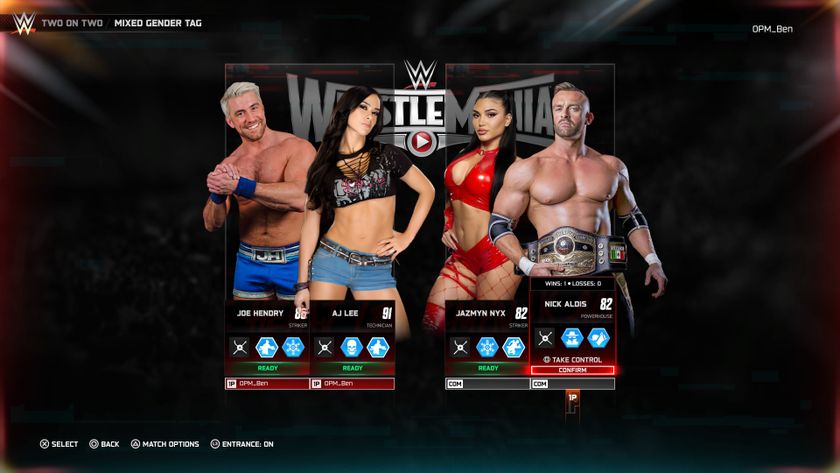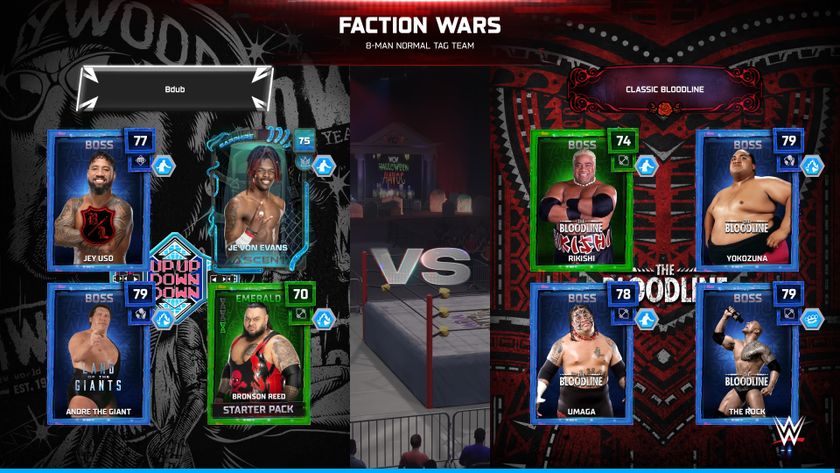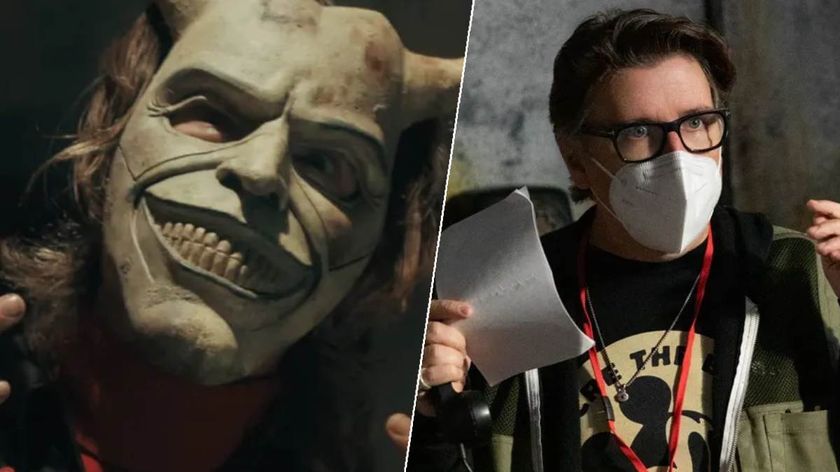How Sega nearly made the N64 (and 7 other weird facts from the console wars)
The dream of the 90s is alive
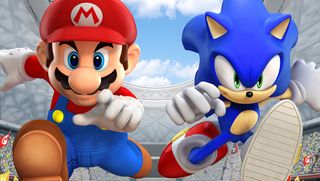
You kids today like arguing about screen resolution in your PS4 vs. Xbox One Facebook posts? Bah! In my day, childish screaming matches over video games had to be done in person, with insults hurled across school cafeterias and playgrounds, all to defend your 16-bit system of choice. The competition between Nintendo and Sega in the 1990s transformed gaming, with many of its biggest moments still affecting gamers today, even if Mario and Sonic are now on friendly terms.
The timeline of Sonic challenging Marios dominance is covered in great detail in the new book Console Wars by Blake J. Harris. The book offers a number of new insights on the North American front of the battle, including new behind-the-scenes accounts on the creation of Sonic, Nintendos legal troubles with the US government, and how Sony disrupted everything by building the PlayStation. Here are just a handful of the surprising anecdotes Ive gleaned from reading the book...
Sega's American and Japanese sides disagreed on basically everything
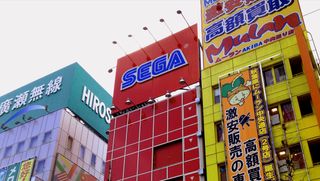
Ironically, the real battle of the 16-bit era doesnt seem to be between Sega and Nintendo, but with Sega and itself. Throughout Console Warss 500-plus pages is example after example of Sega of Japan disagreeing with the US offices and vice versa. At times it appears that the Genesis succeeded in America despite Japans best efforts to kill it.
An early example was Sega of Americas relaunching of the Genesis with Sonic The Hedgehog included with the system for the reduced price of $149.95. Segas US president presented this idea over the shouts of Japanese executives angered at the thought of giving away Sonic or ditching Altered Beast as a pack-in, but after a lengthy discussion, America was allowed to proceed despite Japans misgivings. The triumphant strategy made Sega into a dominant force in the west, and the first real challenger Nintendo had ever seen. Unfortunately, Sega of Japan was less willing to compromise in the years to come with regards to the Sega CD, 32X, and Saturn, and we all know how that turned out.
The SNES could've had backwards compatibility
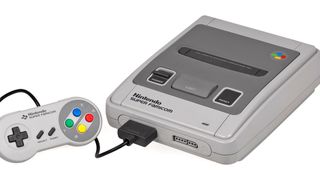
The NES was one of the most successful pieces of technology in US history, so successful in some ways that it hurt the SNESs launch. For instance, Nintendos 16-bit system lacked backwards compatibility, and US parents didnt enjoy feeling coerced into buying another console to replace the NES. The Genesis, on the other hand, had an adapter to play Master System games, which gave Sega an early advantage in the press. But it turns out Nintendo couldve made the SNES backwards compatible, but the extra cost of $75 per console was too steep for the manufacturer.
The system went on sale for $199.95 in the US (cut to $179.95 not long after), and adding another $75 to that would have hurt the company at retail, particularly when compared to the Genesis $149.95 price. Additionally, Nintendo was too busy looking forward to incorporating CD-ROM tech into its system--as the book details, this plan didnt work out so well for Nintendo. But now you kids of the 90s know how close you got to backwards compatibility.
Sonic 2sday wasnt as universal as it shouldve been
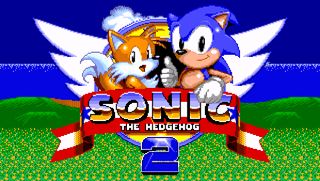
If you were a gamer in 1992, youll likely remember the massive hype surrounding Sonic 2sday, the international launch date of the hotly anticipated sequel that would ultimately become the Genesis best-selling game. Console Wars shows that planning Sonic 2s release was another source of contention for Segas US and Japanese sides that went back to the creation of the character. Sonic was created in Japan, then heavily redesigned in the US, and the character proved to be much more popular stateside than in his native land. After markedly higher western sales, it made sense that Sega of America would lead the way with the sequel at least thats what the US execs thought.
Sign up to the 12DOVE Newsletter
Weekly digests, tales from the communities you love, and more
In an age when years could separate a games release in different territories, Sega planned the first ever worldwide launch of a game with Sonic the Hedgehog 2. Segas American and European branches--along with the developers--worked hard to get the game together in time for Tuesday, November 24, 1992. The planning paid off with huge day one sales, and the only flaw was that Sonic 2 launched in Japan four days earlier for no explainable reason. It was a glaring flaw in an otherwise masterful plan, and its hard not to view the slightly early release as a power play by Sega of Japan.
Nintendo of Americas president thought Sonics creator was a genius
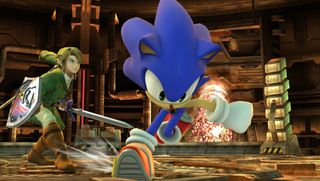
Minoru Arakawa was Nintendo of Americas president during its massive expansion in the 1980s, as well as the boss during most of the 1990s. At the start of the 16-bit era, Arakawas company treated Sega as a non-competitor, barely recognizing Sonic and his ilk. Even as the two companies were neck-and-neck in sales, it was rare for Nintendo to recognize the threat Sega presented. One of the few times Nintendo acknowledged its rival was when it was legally compelled to do so.
During a long and costly lawsuit that would change gaming, Nintendo was trying to shut down NES piracy, and Arakawa took the witness stand. Even though Sonic had little to do with the case, the lawyers asked Arakawa if he considered the inventor of the hedgehog a genius on par with Shigeru Miyamoto, Marios creator. Arakawa agreed with the statement while under oath, but in a backhanded way, saying They looked at Super Mario. They wanted to come up with something similar. Still, a compliment is a compliment.
EA used the threat of piracy to make a deal with Sega
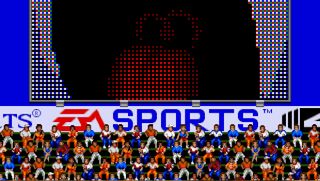
Console Wars has a number of colorful characters, and in my opinion, Electronic Arts founder Trip Hawkins comes off as one of the more... difficult people. Early in 1990, EA found a shady workaround to make legitimate Genesis cartridges without Segas approval, a fact Hawkins quickly used to gain Segas attention. These were intense tactics to use for entering the console market, and theyre even weirder when you find out Hawkins didnt even want to make console games.
The book paints Hawkins as an early PC elitist, a man who saw computers as the future and consoles as toys. Trip begrudgingly changed his tune when he saw how much more money console titles brought in, so EA got to work on Genesis games, all while researching a way to break Genesis system security. Sega of America executives didnt appreciate Hawkins tactics, but chose to work with EA instead of entering into a protracted lawsuit. EAs Genesis titles sold in the millions, paving the way for the EA of today. Who knows what the industry would now look like if Sega had chosen to litigate instead of negotiate?
Castlevania got its title thanks to the power of Christ
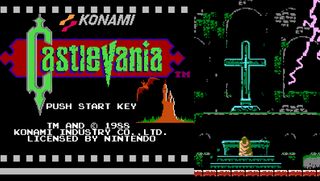
Nintendo was notorious for how much it censored games in the NES/SNES era. It forced developers to remove blood, sexual themes, and pretty much everything having to do with Christianity, to name a few. Retro gamers might have suspected that Nintendos strict rules were behind the titling of Castlevania, but according to Console Wars, the name comes from a particularly religious Konami employee.
One rough translation of the franchises original Japanese title was Draculas Satanic Castle, a name that didnt sit well with Emil Heidcamp, the senior vice president at Konami of America. Heidcamp was a born-again Christian that didnt care much for violent games, so he got permission from Konamis president to swap out the demonic title. Im not sure why vampires are more acceptable to churchgoers than demons, but it made Heidcamp feel better about things, and honestly, Castlevania is a more evocative title anyway.
Nintendo hated the Mario movie, but chose not to stop its release
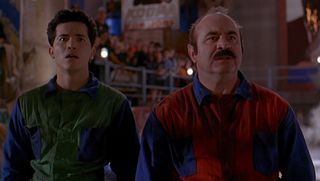
In the midst of Nintendos battle with Sega for gaming supremacy, Nintendo also had to deal with the Super Mario Bros. film. The film was derided by critics and fans alike (the late Bob Hoskins called it the worst job he ever had), but what did Nintendos staff think of the film? Well, as people with functioning eyes and brains, they hated it, but unlike most people, they could actually do something about it (though they chose not to).
Nintendo exec George Harrison was tempted to spend the millions of dollars to hold back the film so no one would see it, but he decided that it wasnt worth the hassle in the end. The box office bomb came and went virtually unseen, forgotten by all but the most hardcore John Leguizamo fans. Harrisons choice to not fight the film was partly inspired by witnessing Shigeru Miyamotos reaction to the movie. As described in the book, Miyamoto simply smiled in the face of the cinematic disaster and moved on, likely because he knew this was a battle not worth fighting.
Sega couldve made the PlayStation and the N64
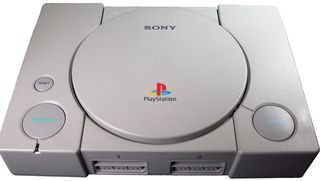
As many gamers know, the PlayStation was originally planned as a CD add-on for the SNES thatd be manufactured by Sony. Nintendo reneged on the deal, and when the fledgling Sony Computer Entertainment was spurned, SCE decided to redesign the system and release it with Sega. The US branch was very interested in working with Sony, however, as youve likely deduced by now, Sega of Japan disagreed and the deal fell through.
Ultimately, this created a rival that would one day bury Segas console business, and this wasnt the only time Sega created its own worst enemy. In the mid-90s, tech company Silicon Graphics offered up its new SGI chip as the potential powerhouse to run the system that would become the Saturn. Segas US executives wanted to make a deal, but (you guessed it) Sega of Japan didnt approve and the deal was nixed. SGI went on to power the N64, the Nintendo console that took runner-up that hardware generation as the Saturn languished in third. Its hard not to ask, What couldve been?
A tale of two companies
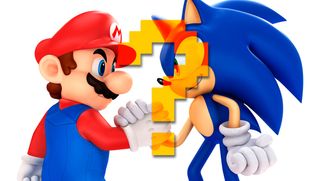
Those are all the tales Ill share before I spoil too much of Console Wars, though the book has many, many more details from behind the scenes of the 16-bit era. Did this trip down memory lane stir up any console war memories of your own? Feel free to share them in the comments!
And if you're looking for more console war fun, check out the current state of PS4 vs. Xbox One, along with best SNES games and the best Genesis games.
Henry Gilbert is a former 12DOVE Editor, having spent seven years at the site helping to navigate our readers through the PS3 and Xbox 360 generation. Henry is now following another passion of his besides video games, working as the producer and podcast cohost of the popular Talking Simpsons and What a Cartoon podcasts.

